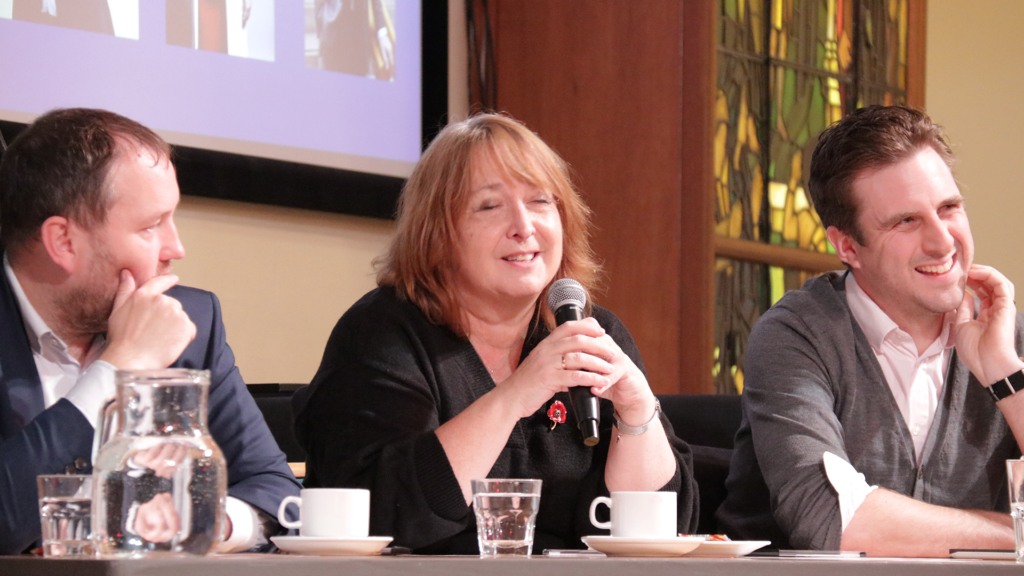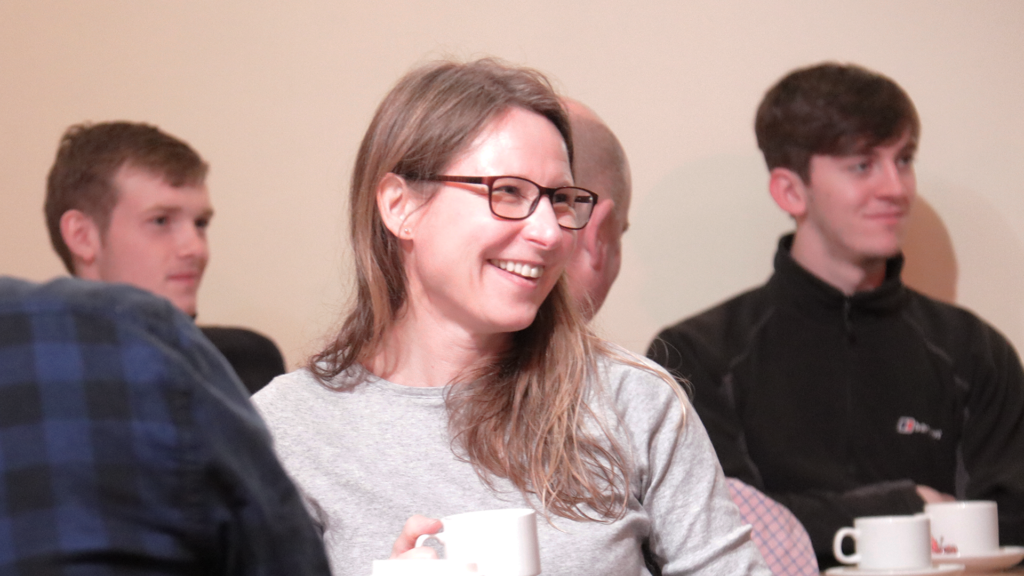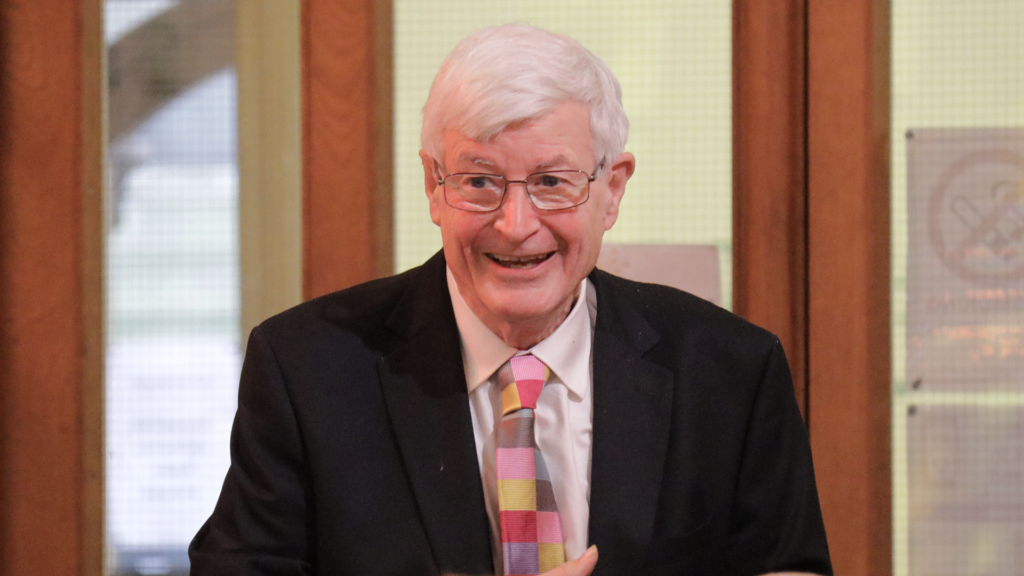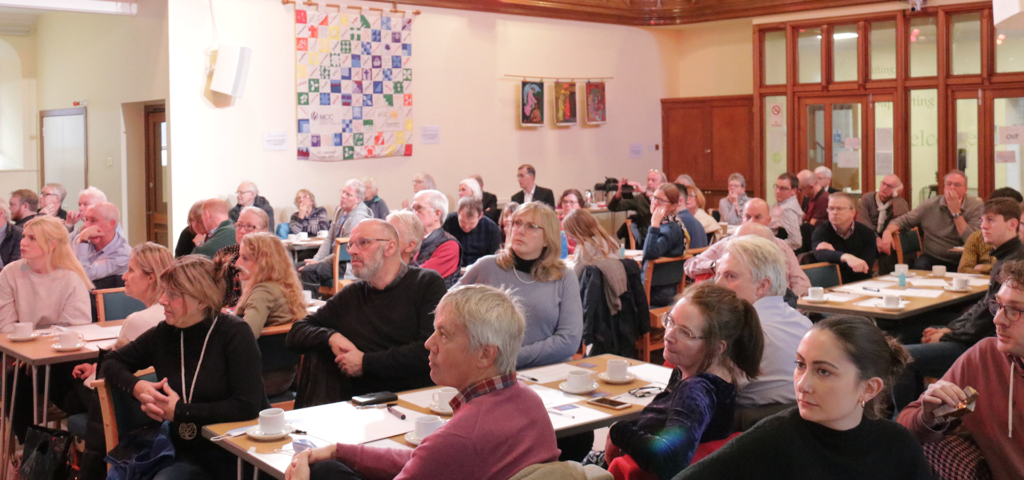
There is a thirst for a better, more positive argument about Scotland and the UK
Asked about the level of the political debate on independence, Ian Murray declared simply: “I’m bored with it”. However, when asked to talk about the case for the UK and how it can be improved, he, his fellow politicians and the room as a whole was bursting with ideas and insights. In short, if the event is anything to go by, there is a real thirst out there for a better way to ‘do’ Scottish politics that decisively breaks from the old stale shouting match of the last decade or so. In the words of one of those present, we need to “create the positive vision – to connect with people, all people so that we can help to build this together.”

The case for the UK should also be about how we can deliver change, now
Many people noted how, thanks to devolution, Scotland had the powers to deliver radical change on the things we care about most – a fairer society, a greener future, better health (highlighting this is the purpose of our site over at wecan.scot). So the case for the UK, they felt, should lean heavily on the fact we can get on with making change happen, right now. Others noted the positive signs of the UK itself changing – as more powers and money are shifted out of London and into the regions of England. Scotland, it was felt, could make “common cause” with people across England on issues from economic growth to carbon reductions.
“Facts” aren’t enough
The room debated this at some length: some felt that the economic and political facts of independence and the Union were mostly irrelevant in what is often a debate based on emotions and feelings. Others felt that to ignore these facts would be a mistake. But if there was a consensus it was the view that facts can’t do it all – and that people on the side of Scotland remaining in the UK should recognise that the case for the UK also rests on an emotional attachment – and how it isn’t incompatible with a sense of Scottish patriotism and pride.

“This was a fantastic event that focussed on the positives – looking at what we can do today in Scotland and across the UK to make a more positive case for cooperation. I have booked myself in for St Andrews already!”
– Robin Harper, Former Leader of the Scottish Greens
It is way past time to listen and understand the concerns and anxieties of pro-independence supporters
As one lady put it, we should start with the distrust felt by many pro-independence Scots towards the UK and then go on to find the common ground and common aspirations we all share. Questioning opponents’ motivations should also be banned – it is time to acknowledge in good faith that people hold different views on the constitution for good reasons. Said one: “We need to listen, acknowledge how other people feel – their anger, distrust and start there. We need to find common ground, common aspirations and vision. Non-confrontational, understanding tone.”
Will leaders please stand up?
Finally, there was a general feeling that the pro-UK side needed a “figurehead”. With little enthusiasm for the current UK Government, many people in the room made the point that there needed to be leaders who were prepared to set out a positive, principled case for the UK.









